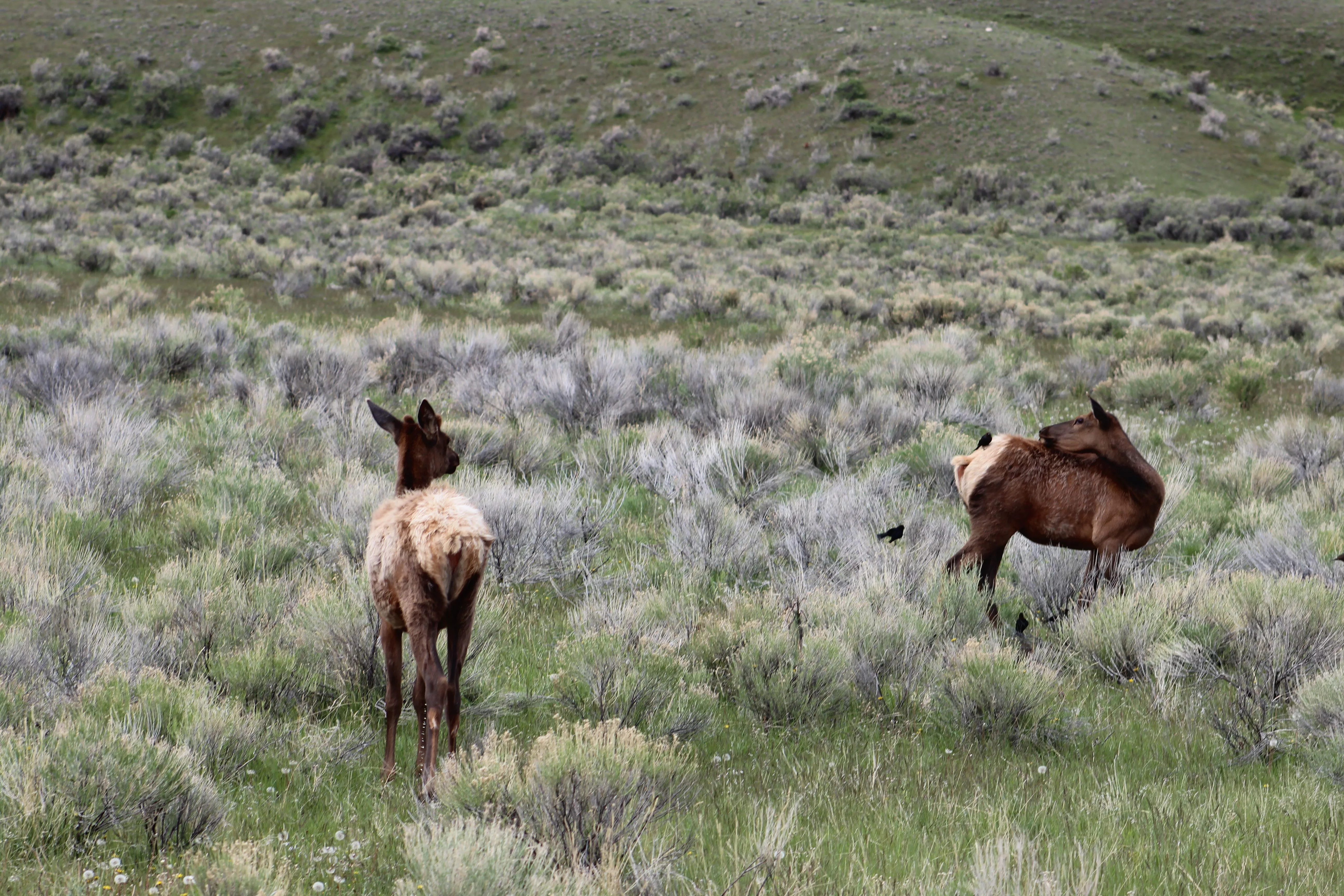
Park It. The EXPLORE Act will open more access for outdoor recreationists, hunters and anglers to federal lands, and requires management of those acres to more openly advertise the hunting and fishing opportunities available with current and future expanded offerings to the public. Simonson Photo.
By Nick Simonson
Last week, after the Senate passed it via unanimous consent in December, President Joe Biden signed into law House Resolution 6492, better known as the Expanding Public Lands Outdoor Recreation Experiences (EXPLORE) Act. Aimed at opening more access for hunters and anglers on federal lands, and encouraging better promotions of those opportunities by the agencies that manage them along with more and better access for disabled individuals, veterans and active miliary and youth in the outdoors, the bi-partisan EXPLORE Act was a bill more than a decade in the making, according to Paul Sanford, Director for Equitable Access Policy for the Wilderness Society.
“The EXPLORE Act is really broad – the biggest in a generation – sweeping recreation policy legislation that will improve access to the outdoors for youth, families, people with disabilities, veterans, active duty service members and people who live in nature-deprived areas,” Sanford explains, adding that in 2014 after discussion on the base matters of access in the act, “a coalition of organizations came together to work on this issue, and we started drafting legislative text in 2016.”
The EXPLORE Act combines multiple pieces of legislation brought up over the past decade under one banner bill, and in the process preserves and advances a number of opportunities to open the outdoors to people of varied backgrounds across the nation. Additionally, the act helps smaller communities leverage grants for parks and places of outdoor recreation within their bounds which allow for increased access to lands and waterways.
“One of the things that EXPLORE does is that it makes permanent a program called the Outdoor Recreation Legacy Partnership Grant Program. This program provides funding to local communities to establish new parks and improve existing parks to enhance recreational access, so that five additional cities in the Dakotas will be eligible to apply for grant funding,” Sanford points out, adding, “the EXPLORE act extends the Every Kid Outdoors program, which provides every fourth grade student in America a park pass, so they and their families can visit places like Theodore Roosevelt National Park without paying a fee. So we’re really happy it made it across the finish line.”
While the road to approval by congress wasn’t always easy, and a number of legislative ideas were combined, introduced, discussed and debated, with even a last minute attempt by Texas Senator Ted Cruz to scuttle the legislation, the Wilderness Society and other nonprofit conservation groups worked to set it up for success. The approval via unanimous consent prevented any last minute introductions of more advantageous language some organizations were hoping for, most were satisfied at what the enacted language has accomplished and perhaps even more so, what it stands for.
“EXPLORE clearly establishes the principle that recreation, hunting, and fishing are amongst the highest uses of our public lands and waters. It’s an acknowledgment of the contribution that recreation makes to the national economy and the physical and mental health of all Americans. So, we see it as a commitment by congress to maximizing recreation opportunities in our parks and forests and ensuring those opportunities are available for generations to come,” Sanford concludes.
More information on the EXPLORE Act and the Wilderness Society can be found at wilderness.org.
Simonson is the lead writer and editor of Dakota Edge Outdoors.
